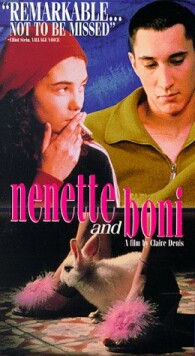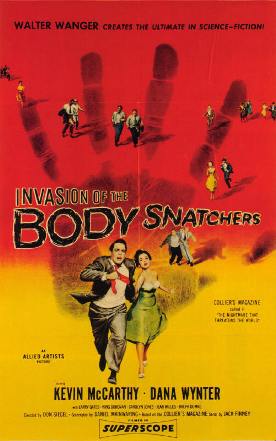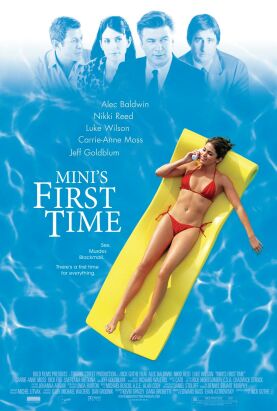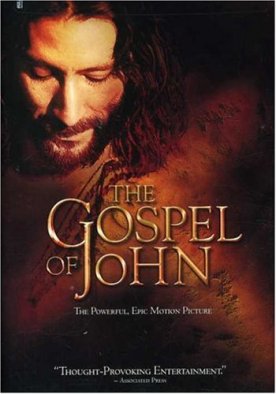Fairy Tale
Fairy Tale by Charles Sturridge tells the story—sort of—of
the fairy-photograph hoax perpetrated by a couple of young girls in Yorkshire in
1917-18. Now if you are going to do this on film, this way of doing it, with a
bunch of ostensibly real fairies buzzing about on dragonfly wings, is probably
the best way to do it. Which is of course not the same thing as saying that it
should have been done. In fact I don’t
think it should have been done. But if the truth of the hoax had been told, it
wouldn’t have made for much of a
movie. The solution of Sturridge and his screenwriter, Ernie Contreras, is to
leave the question open, as to the photographs, and to come down firmly on the
side of the fairies and the girls, Elsie Wright and Frances Griffiths (Florence
Hoath and Elizabeth Earl) everywhere else.
Even the great skeptic Harry Houdini (Harvey Keitel) is made to offer as his
words of wisdom to the girls the warning that
“Masters of illusion never reveal
their tricks.” Anyway, he says,
“No one wants to know when I do tell
them.” The result is that the
real-life conflict between Houdini and Sir Arthur Conan Doyle (Peter
O’Toole), who took up the
girls’ case and had the photographs
published as genuine in The Strand magazine, all but completely
disappears. Instead, he and Houdini are seen as pals and even accomplices in the
girls’ imposture. This is partly out
of sympathy for Elsie and her parents (Paul McGann and Phoebe Nicholls), whose
son Joseph, Elsie’s older brother, had
died the year before.
This death, together with Frances’s
father’s going missing in action in
France, also leads us into the film’s
real theme. For the fairies are linked—by way of the great stage hit of
the period, J.M. Barrie’s Peter
Pan, Conan Doyle’s spiritualism
and the Great War raging in Europe (in which he had lost a son)—to the
attenuated and rather desperate belief among the masses of the bereaved in
England in some kind of life after death. Such linking is a stroke of genius and
lends many of the film’s most charming
moments an emotional something verging on real poignancy. Who can restrain
himself from cheering at the discomfiture by mysterious supernatural forces of
the skeptical journalist, Ferret (Tim McInnerny), as he seeks to discover and
print the Truth about the Fairies?
It is only after some moments of reflection, perhaps, that we will return to
our more settled and mature conviction that, in fact, the Truth is rather a good
thing after all.
Discover more from James Bowman
Subscribe to get the latest posts to your email.







